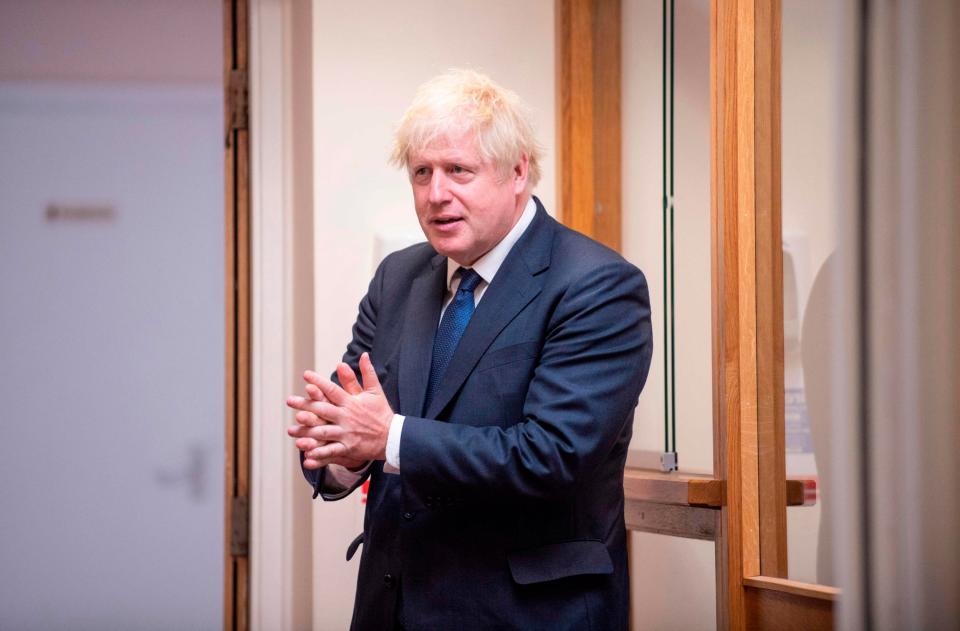'Irresponsible and wrong': Boris Johnson's decision to merge aid and Foreign Office could cost £50m, says Labour

Boris Johnson’s decision to merge the aid department with the Foreign Office could cost around £50m, diverting crucial government money away from the fight against coronavirus, Labour has claimed.
The warning of the considerable cost of the Whitehall shake-up also follows the revelation last month the overseas aid budget would be cut by £2.9 billion due to the economic fallout of the pandemic.
The decision to scrap the standalone Department for International Development (DfID) and bring its operations under the remit of the foreign secretary, Dominic Raab, was unveiled by the prime minister before the summer recess.
The new department – the Foreign, Commonwealth and Development Office (FCDO) – will be established next month. The highly-contentious move led to criticism from three former prime ministers, including Gordon Brown, Tony Blair and David Cameron.
Claiming the restructure could cost £50m, Labour pointed to a report on creating and dismantling Whitehall departments produced by the Institute for Government last year, which has also been cited by the House of Commons Library.
Researchers said at the time the direct cost of creating a new department could amount to £15m, “with up to £34m on top resulting from loss of productivity as staff adjust to the new organisation”.
Labour claimed this money could have been better spent during the crisis, paying for 2,000 qualified nursers or 8.3 million coronavirus antibody tests.
“The government should be completely focused on getting on with its job of governing the country and steering us through the huge challenges we face,” said the shadow international development secretary Preet Kaur Gill.
She added: “Getting rid of an independent Department for International Development during a global pandemic is irresponsible, counter-productive and wrong. It is consistently rated as the most effective and transparent department at delivering real value for money for British taxpayers, whereas the Foreign Office routinely ranks far worse.
“At a time when we need the global health expertise to drive the global response to Covid-19 and avoid further deadly waves, abolishing the department will undoubtedly put the lives or people in the UK and those abroad at serious risk.”
However, a government source hit back, claiming: "These are fantasy figures from an opposition which can't even work out what it's own policy is on development, let alone work out how it would stand up for Britain's interests abroad."
The Commons International Development Committee has previously raised similar issues with ministers, claiming the UK merger “may reflect the worst aspects of similar mergers in Australia and Canada, with both experiencing a loss of experts that damaged those countries’ international reputation while being incredibly costly”.
Any estimated cost of the merger has not yet been publicly released by ministers, but it is understood the new department will set out details in due course.
A government spokesperson added: “Combining the development of expertise of DfID with the diplomatic reach of the Foreign Office will maximise our impact and demonstrate the UK is a force for good in the world.
“The UK-hosted Global Vaccine Summit – raising $8.8 billion to immunise 300 million children and support the fight against Covid-19 – showed the life-changing impact our work can have in supporting the international recovery.”
Read more
Cameron attacks PM for scrapping foreign aid department

 Yahoo News
Yahoo News 